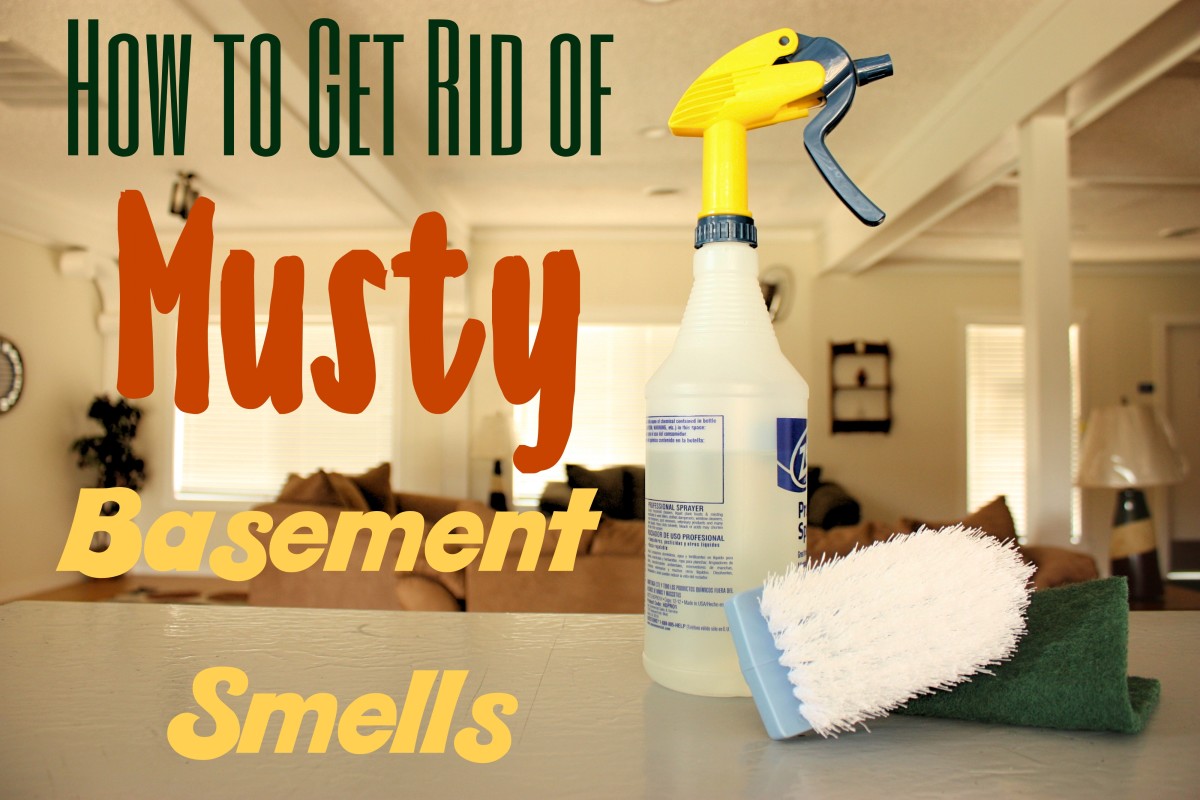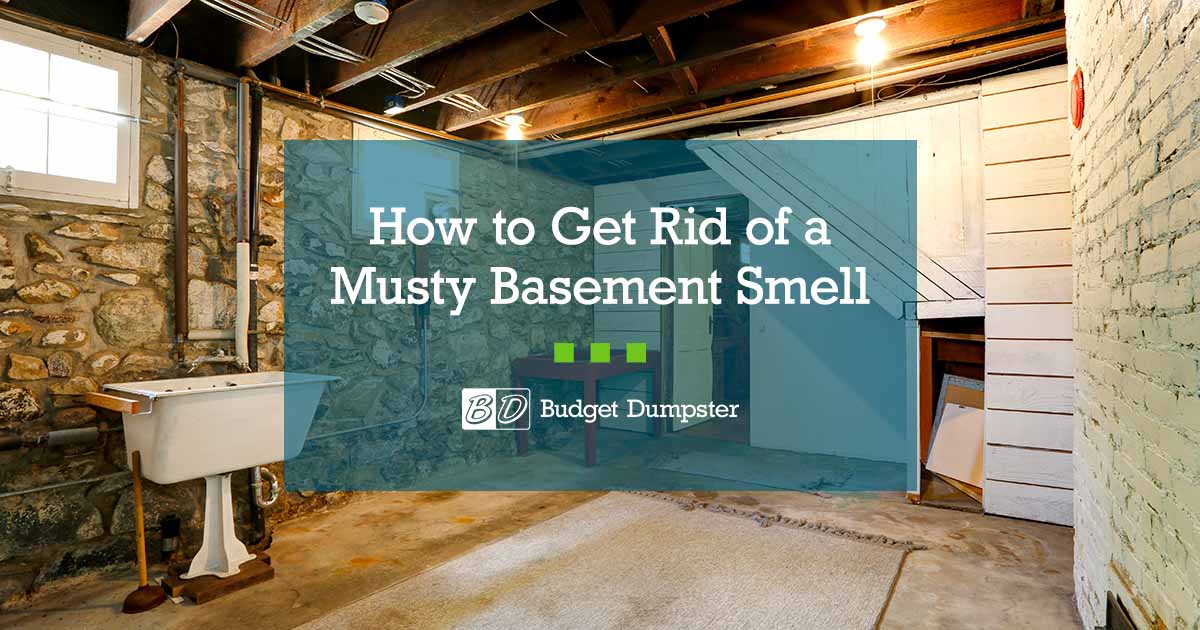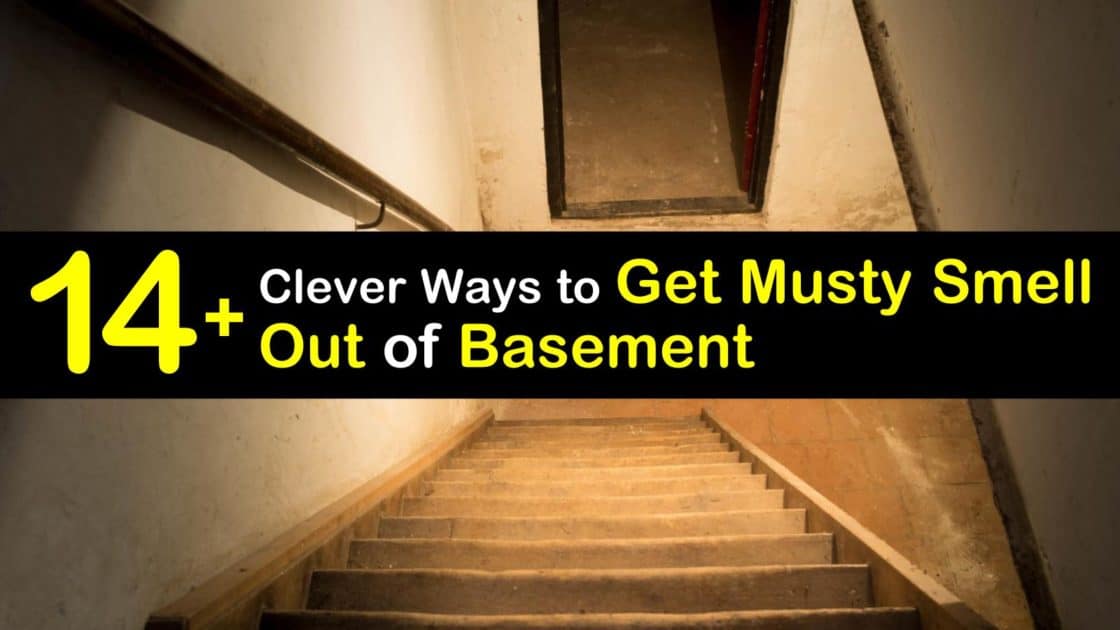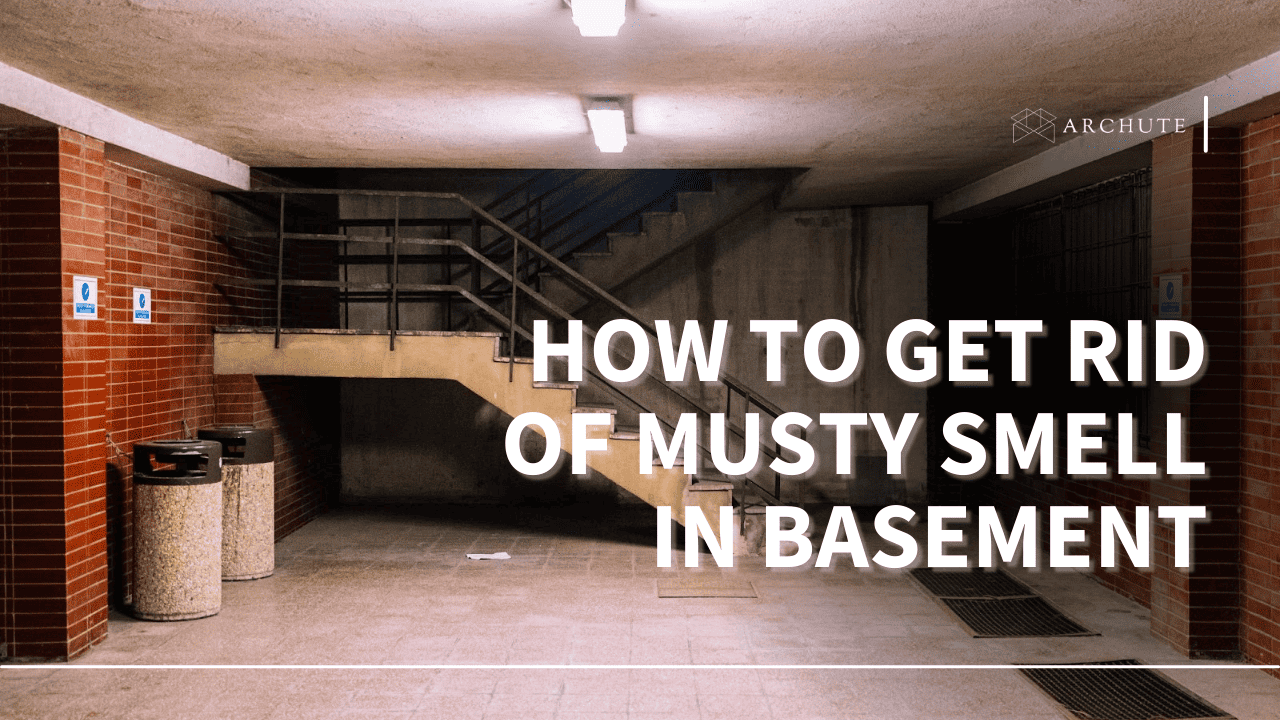How To Get The Basement Smell Out Of The Basement

The musty, damp odor wafting from your basement can be more than just unpleasant; it can signal underlying issues that affect your home's air quality and structural integrity. This guide provides a comprehensive approach to identifying the sources of basement smells and eliminating them, offering both DIY solutions and advice on when to call in the professionals.
Identifying the Source of the Basement Smell
Before you can tackle the smell, you need to play detective. Common culprits include:
- Moisture: Leaks, condensation, and poor ventilation are prime breeding grounds for mold and mildew.
- Mold and Mildew: These fungi thrive in damp environments and produce distinctive odors.
- Pests: Rodents, insects, and their droppings can contribute to foul smells.
- Sewer Gas: Cracks in drainpipes or dry P-traps can allow sewer gas to seep into your basement.
- Organic Matter: Decaying leaves, wood, or other organic materials can create unpleasant odors.
- Old Carpeting or Furniture: These items can absorb moisture and harbor mold or mildew.
Initial Investigation
Start with a thorough visual inspection:
- Check for Leaks: Examine walls, floors, and ceilings for water stains, dampness, or visible leaks, especially near pipes, windows, and the foundation. Pay close attention after heavy rainfall.
- Inspect for Mold and Mildew: Look for discoloration (black, green, or white spots) on walls, floors, and ceilings. Sniff for a musty odor.
- Examine Windows and Doors: Ensure they are properly sealed to prevent moisture intrusion.
- Check the Foundation: Look for cracks or signs of water penetration.
- Inspect the HVAC System: A dirty or malfunctioning HVAC system can contribute to poor air quality and odors.
DIY Solutions for Eliminating Basement Smells
Once you've identified the source, you can begin implementing solutions:
Improving Ventilation
Proper ventilation is crucial for reducing moisture and preventing mold growth.
- Open Windows: When weather permits, open windows to allow fresh air to circulate.
- Use Fans: Place fans to circulate air and promote drying.
- Install a Dehumidifier: A dehumidifier can effectively remove excess moisture from the air. Choose a model with an appropriate capacity for the size of your basement. Empty the collection tank regularly.
- Consider an Exhaust Fan: Install an exhaust fan in areas prone to moisture, such as laundry rooms or bathrooms.
Cleaning and Disinfecting
Thorough cleaning is essential for removing mold, mildew, and other odor-causing substances.
Tools and Supplies:
- Gloves
- Eye protection
- Face mask or respirator (for mold remediation)
- Scrub brush
- Sponge
- Bucket
- Bleach (diluted with water – always follow safety precautions)
- Mold and mildew cleaner
- Shop vacuum with HEPA filter
Cleaning Process:
- Address Standing Water: Remove any standing water immediately.
- Clean Affected Surfaces: Scrub affected areas with a bleach solution (1 part bleach to 10 parts water) or a mold and mildew cleaner. Follow the manufacturer's instructions carefully.
- Dry Thoroughly: After cleaning, dry the area thoroughly with fans or a dehumidifier.
- Vacuum: Vacuum the area with a shop vacuum with a HEPA filter to remove any remaining mold spores or debris.
- Dispose of Contaminated Materials: Dispose of any heavily contaminated materials, such as carpeting or drywall, properly.
Safety First! Always wear gloves, eye protection, and a face mask when working with bleach or mold. Ensure adequate ventilation.
Addressing Leaks and Moisture Issues
Repairing leaks and addressing moisture issues is crucial for preventing future odors.
- Repair Leaks: Fix any leaks in pipes, windows, or the foundation promptly. This might involve patching cracks, replacing seals, or hiring a plumber or foundation repair specialist.
- Improve Drainage: Ensure proper drainage around your home's foundation. Clean gutters and downspouts to prevent water from pooling near the foundation. Consider installing French drains to redirect water away from the basement.
- Seal Cracks: Seal cracks in the foundation with concrete sealant or epoxy.
Eliminating Pest Problems
If pests are the source of the smell, take steps to eliminate them.
- Seal Entry Points: Seal any cracks or holes in the foundation, walls, or around pipes to prevent pests from entering.
- Set Traps: Use traps to catch rodents or insects.
- Remove Food Sources: Keep your basement clean and free of food debris. Store food in airtight containers.
- Consider Professional Pest Control: If you have a severe pest infestation, consider hiring a professional pest control service.
Dealing with Sewer Gas
Sewer gas leaks can be dangerous. If you suspect a sewer gas leak, take immediate action.
- Check P-Traps: Ensure that all P-traps (the curved pipes under sinks and drains) have water in them. Pour water down drains that are not used frequently to refill the P-traps.
- Inspect Drainpipes: Visually inspect drainpipes for cracks or leaks.
- Contact a Plumber: If you suspect a sewer gas leak, contact a licensed plumber immediately. Sewer gas can be flammable and harmful to your health. Do not attempt to repair sewer lines yourself unless you are a qualified professional.
Removing Odor-Absorbing Materials
Old carpeting, furniture, and other materials can absorb odors and harbor mold or mildew. Consider removing these items if they are contributing to the smell.
- Remove Carpeting: If your basement carpeting is old or damp, consider removing it.
- Replace Furniture: Replace any furniture that is moldy or mildewed.
- Clean or Dispose of Other Items: Clean or dispose of any other items that may be contributing to the smell.
HVAC System Considerations
Your HVAC system plays a significant role in air quality. A dirty or malfunctioning system can contribute to basement odors.
- Change Air Filters Regularly: Change your air filters every 1-3 months to prevent dust and allergens from circulating.
- Clean Air Ducts: Consider having your air ducts professionally cleaned every 3-5 years to remove dust, debris, and mold.
- Check for Condensation: Inspect your air conditioning system for condensation leaks. Repair any leaks promptly.
- Ensure Proper Airflow: Make sure that air vents are not blocked and that air is circulating properly throughout the basement.
When to Call a Professional
While many basement smell issues can be resolved with DIY solutions, there are times when it's best to call in a professional.
- Extensive Mold Growth: If you have extensive mold growth (more than 10 square feet), it's best to hire a professional mold remediation company.
- Structural Damage: If you suspect structural damage to your foundation, consult a foundation repair specialist.
- Sewer Gas Leaks: Contact a licensed plumber immediately if you suspect a sewer gas leak.
- HVAC Problems: If you suspect that your HVAC system is contributing to the problem, contact a qualified HVAC technician.
- Persistent Odors: If you've tried everything and the smell persists, a professional can help identify the source of the odor and recommend appropriate solutions.
Cost Estimates
The cost of eliminating basement smells can vary widely depending on the severity of the problem and the solutions required. Here are some rough estimates:
- Dehumidifier: $150 - $500
- Mold and Mildew Cleaner: $10 - $30
- Crack Sealing: $50 - $200 (DIY) or $200 - $500 (professional)
- Plumbing Repairs: $100 - $500+ (depending on the nature of the repair)
- Pest Control: $100 - $500+ (depending on the severity of the infestation)
- Mold Remediation: $500 - $5,000+ (depending on the extent of the mold growth)
- Air Duct Cleaning: $300 - $1,000
These are just estimates. It's always best to get quotes from multiple contractors before making a decision.
Preventative Measures
Once you've eliminated the basement smell, take steps to prevent it from returning.
- Maintain Good Ventilation: Ensure proper ventilation in your basement.
- Control Moisture: Use a dehumidifier to control moisture levels.
- Regularly Inspect for Leaks: Inspect your basement regularly for leaks or signs of moisture.
- Keep it Clean: Keep your basement clean and free of debris.
- Monitor Humidity Levels: Use a hygrometer to monitor humidity levels and ensure they stay below 60%.
By following these steps, you can effectively eliminate basement smells and create a healthier and more comfortable living environment.










